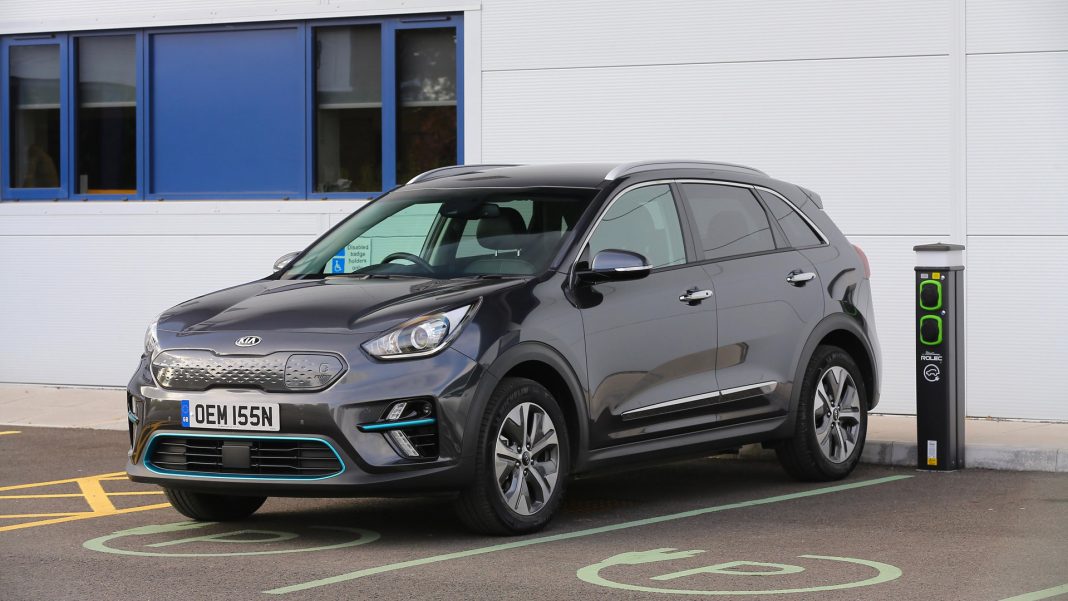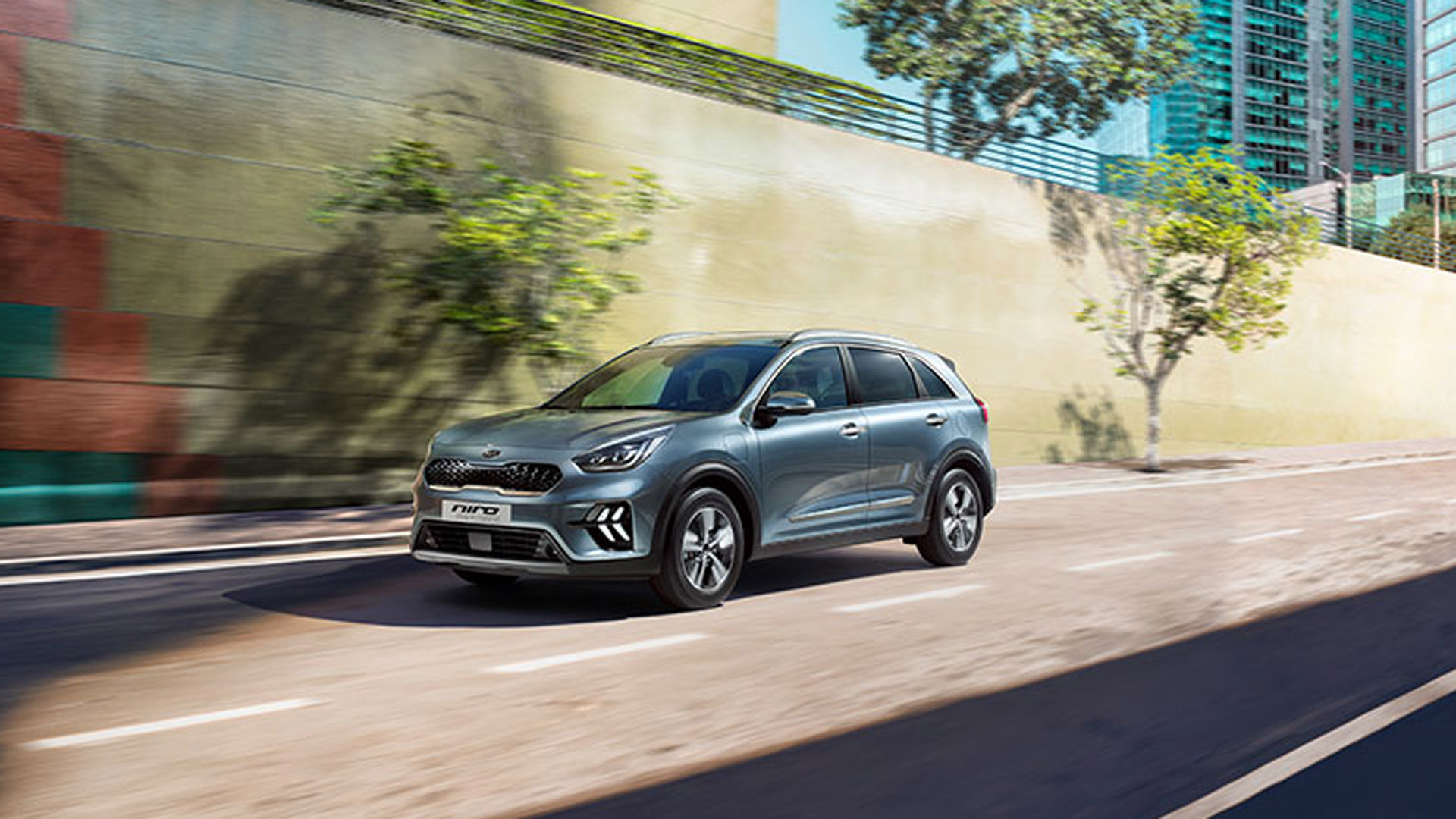Following record sales of the brand’s electric vehicles in Europe in the first quarter of 2020, Kia Motors has outlined its plans for the EV market, as it shifts its attention toward electrified vehicles.
At the beginning of the year, the South Korean manufacturer announced a mid- to long-term strategy named ‘Plan S’. It aimed at improving its offering in e-mobility space, and better its connected and autonomous products. Ultimately, the automaker’s strategy was to shift its attention away from internal combustion engine vehicles in favour of electric vehicles.
Read next: The best upcoming cars and SUVs in 2020 and beyond
Despite difficult circumstances that have impacted manufacturers around the world, the shift toward electrified vehicles is, in the words of the automaker: “achieving unprecedented results in Europe”. The first quarter of 2020 saw new EV sales grow by 75% in comparison to Q1 2019 – Kia sold 6,811 units. As such, this meant that 6% of the company’s total European sales came from zero-emission vehicles; up from 2.9% in Q1 2019.
Buy a car phone mount on Amazon (Affiliate)
To push its electrified fleet forwards, Kia plans to offer 11 EVs by 2025. This will span across a range of different vehicle segments, including passenger vehicles, SUVs and MPVs. In fact, the manufacturer is aiming to introduce its next-gen EVs to Europe in 2021. The vehicles will be based on a new unique platform designed to accommodate EV powertrain and technologies.
Further, Kia Motors is looking to tempt its prospecting customers by offering a vehicle that’s capable of driving over 310 miles on a single charge; it’ll also be capable of handling a rapid charge (presumably 150 kW+).
Emilio Herrera, Chief Operating Officer for Kia Motors Europe, commented: “Many of Kia’s new EVs will be offered in Europe, which is currently the focal point for EV sales growth worldwide. We are encouraged by the early sales success of our current generation of EVs, the new e-Niro and Soul EV, which have been well-received by buyers across the continent. In every one of the last five years, we have reported growing sales of Kia EVs, and our next-generation models will accelerate this trend further.”
After the introduction of the next-gen Kia vehicles, every model built thereafter will have some form of electrification built-in; be it a mild-hybrid, full-hybrid, plug-in hybrid or a fully electric vehicle.
Read next: Mini Electric audio review: An impressive audio system
From 2022 onwards, Kia EVs will have their own identity. Rather than using the same design as their petrol alternatives, the electrified vehicles will stand out, and furthermore, “will be tailored to the needs and budgets of customers”.
Kia will also look to make advances in its charging technology, whereby its EVs will offer either 400V or 800V capacity, enabling fast or rapid charging depending on the model.
Pablo Martinez Masip, Director Product Planning and Pricing for Kia Motors Europe, explained: “We want to provide European customers with the best possible value for their money, something that we are committed to with every new car. This means that certain models, particularly those aimed at more cost-conscious buyers, will offer 400V charging capability. 800V charging won’t simply be reserved for Kia’s flagship models, however, but where it most closely matches the usage profile of a particular model line.
Read next: Kia Sorento: Everything you need to know on this hybrid SUV
“Both systems can be charged at home or in public, with 800V rapid charging enhancing usability in models driven by customers who may rely on high-voltage rapid charging more often or drive higher mileages. 400V charging, as already found in the award-winning e-Niro and Soul EV, also enables rapid charging and will remain relevant for many customers who have greater flexibility about where and when they recharge. We will cater for all needs.”
The brand’s early move to popularise EVs has laid the groundwork for future projects. Kia Motors is targeting global annual sales of 500,000 EVs by 2026, and is aiming for more than 20% of its European sales to come from fully-electric vehicles.







